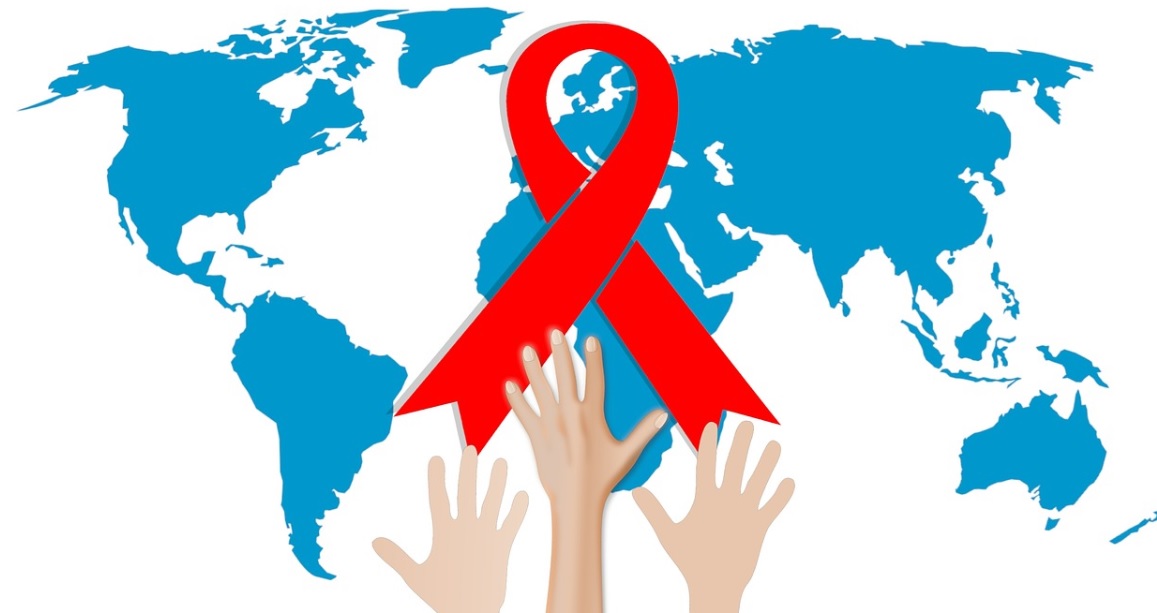Tanzania’s progress in fighting against HIV/AIDS hailed in NBS’ report

- Country:
- Tanzania
National Bureau of Statistics (NBS) has recently released a report on April 14 that claims that Tanzania has made progress towards achieving 90-90-90 targets of the United Nations Programme on HIV/AIDS (UNAIDS) in adults aged 15 years and older. The 90-90-90 target is an ambitious global HIV program proposed by UNAIDS and adopted by high prevalence member countries.
It directs that by 2020, 90 percent of people living with HIV know their status, 90 percent of all people diagnosed HIV infection receive antiretroviral (ARV) medication and 90 percent on ARV have viral load suppression. The Tanzania HIV Impact Survey 2016-2017 report launched here on Saturday shows that only 60.9 percent of those living with HIV/Aids know their status, significantly below the UNAIDS' 90 percent target.
At least 93.6 percent of those who know their status are on ARV drugs whereby 87 percent of them have the viral load suppressed. "Awareness of HIV-positive status was lower among young people aged 15-24 years, being 50.2 percent," reads the report. The annual incidence of HIV infection among adults aged 15 years and older was 0.24 percent, which corresponds to 24 new infections for every 10,000 persons a year and approximately 72,000 new cases among adults in the country, Xinhua noted.
The overall prevalence of viral load suppression among adults aged 15 years and older, living with HIV was 51.9 percent, 57.2 among women and 41.5 among men. The survey conducted in both Tanzanian mainland and Zanzibar showed that disease prevalence varied across 31 regions, ranging from 0.0 percent in Zanzibar South and North Pemba to 11.3 in Iringa and 11.4 in Njombe.
Average HIV prevalence was estimated to be 5.0 percent in the Mainland and 0.4 percent in Zanzibar. The prevalence level in Dar es Salaam was 4.7 percent, with women having three folds higher prevalence rate compared to men at 6.8 percent for women and 2.3 percent for men, it said.
The highest prevalence levels were observed in Njombe at 11.4 percent, Iringa at 11.3 percent, Mbeya 9.3 percent and the lowest were observed in Zanzibar South and North Pemba, both at 0.0 percent.
HIV prevalence among adults between 15-49 years was 4.7 percent while prevalence among children aged 0-14 years was 0.4 percent. Among HIV-positive men aged 15 years and older, over half of those residing in urban centres, 53.0 percent and 55.8 percent of those residing in were not aware of their HIV-positive status. Among the HIV-positive women aged 15 years and over, 39.0 percent of those living in urban areas and 50.9 percent in rural areas were not aware of their status.
Speaking at the launch of the report, the Minister of State in the Prime Minister's Office (Parliament, Policy Coordination, Labour, Employment, Youth and the Disabled), Jenista Mhagama, urged all stakeholders to use the report in the war against HIV/AIDS.
The new findings will help the government plan better HIV/AIDS-related activities concerning the disease as it affects development in different sectors, she stated. She appealed to the public to go for testing so as to know one's status, and when diagnosed positive, start using drugs so as to live free and happily.
Mhagama cautioned that much as the country seems to have taken positive steps that have realized some improvements, "there is a need for more effort to save the youth, the national workforce notably affected by the disease." The number of new infections has declined from 80,000 people per year in 2012 to 72,000 people in 2017 while deaths have diminished from 70,000 per year in 2010 to 32,000 in 2017, which is a positive trend, she remarked, as reported by Xinhua.
The minister wondered why Zanzibar has succeeded in the fight against the disease while the Mainland lags far behind. "Why is it that there is success in Zanzibar but not on the Mainland?" she asked, calling on all relevant institutions and stakeholders to ponder why this is the case.
Also Read: Tanzania launches Belt and Road Relay supported by Standard Chartered Bank










